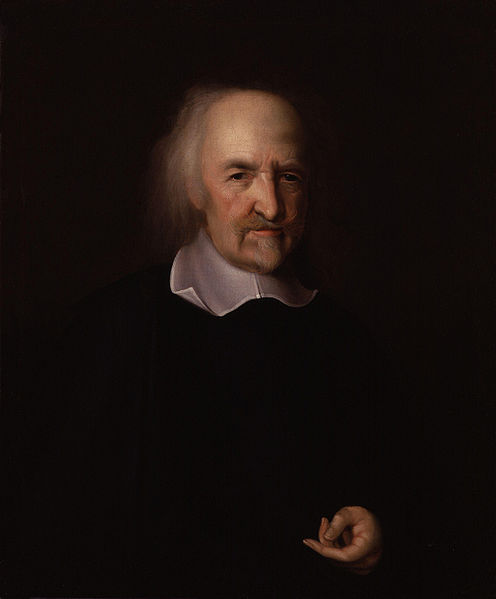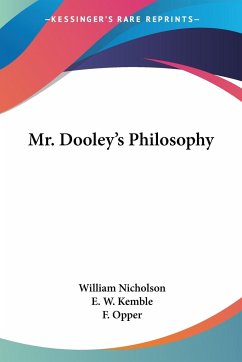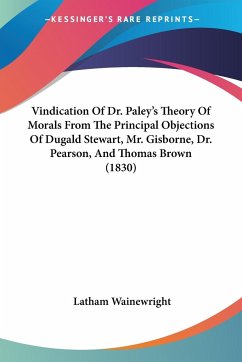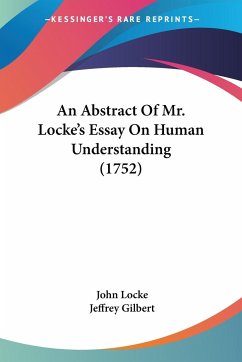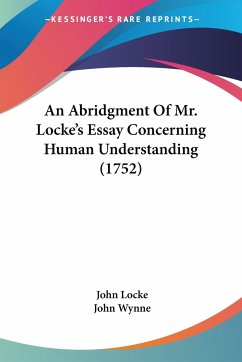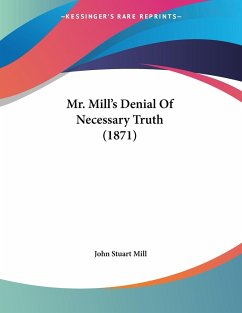
Tracts Of Mr. Thomas Hobbs Of Malmsbury (1682)
Versandkostenfrei!
Versandfertig in 1-2 Wochen
43,99 €
inkl. MwSt.

PAYBACK Punkte
22 °P sammeln!
Tracts of Mr. Thomas Hobbs of Malmsbury is a book written by the famous philosopher, Thomas Hobbes. The book was published in 1682 and consists of a collection of essays and tracts that Hobbes had written throughout his life. The tracts cover a wide range of topics, including politics, religion, and philosophy.In the book, Hobbes presents his ideas on the nature of human beings, the role of government, and the relationship between individuals and society. He argues that human beings are naturally selfish and that the only way to maintain order in society is through a strong central government....
Tracts of Mr. Thomas Hobbs of Malmsbury is a book written by the famous philosopher, Thomas Hobbes. The book was published in 1682 and consists of a collection of essays and tracts that Hobbes had written throughout his life. The tracts cover a wide range of topics, including politics, religion, and philosophy.In the book, Hobbes presents his ideas on the nature of human beings, the role of government, and the relationship between individuals and society. He argues that human beings are naturally selfish and that the only way to maintain order in society is through a strong central government. He also discusses the concept of the social contract, in which individuals give up some of their rights in exchange for protection and security provided by the government.Hobbes' views on religion are also included in the book. He argues that religion should be based on reason rather than faith and that the state should have the power to regulate religious practices.Overall, Tracts of Mr. Thomas Hobbs of Malmsbury provides a comprehensive look at the philosophical ideas of one of the most influential thinkers of the 17th century. It is a must-read for anyone interested in political theory, philosophy, or the history of ideas.This scarce antiquarian book is a facsimile reprint of the old original and may contain some imperfections such as library marks and notations. Because we believe this work is culturally important, we have made it available as part of our commitment for protecting, preserving, and promoting the world's literature in affordable, high quality, modern editions, that are true to their original work.



